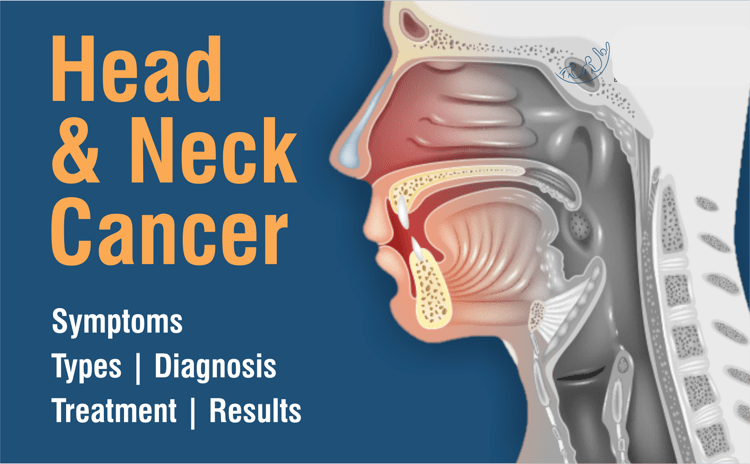
Signs and Symptoms of Head and Neck Cancer
The most common sign of head and neck cancer that patients experience is a sore throat that doesn’t go away. However, symptoms vary based on where the cancer is located and can be similar to other conditions. If you notice signs or symptoms of head and neck cancer, Dr. Ashwani kumar Sachdeva can help.
Early or more advanced symptoms of head and neck cancer may include:
- Red or white spot in the mouth
- Mouth ulcer (broken skin)
- Difficulty chewing, swallowing or moving jaw or tongue
- Loose teeth
- Dentures that no longer fit
- Bad breath
- Persistent sore throat
- Frequent coughing
- Trouble swallowing (dysphagia)
- Difficulty breathing
- Frequent nosebleeds, nasal congestion or sinus infections
- Swelling, lump, bump or mass in the head or neck
- Numbness or weakness in the head or neck
- Changes to a mole/freckle
- Skin sore that doesn’t heal
- Trouble speaking or change in voice
- Double vision
- Ear pain, trouble hearing or ringing in the ears
- Headaches
- Fatigue
- Unexplained weight loss
Types of Head and Neck Cancer
There are different types of head and neck cancers based on the part of the body they occur. Most are squamous cell carcinomas, found on the skin and lining of organs. Dr. Ashwani kumar Sachdeva will evaluate your specific risk factors, symptoms and test results to build a treatment plan customized to you.
Some types of head and neck cancer include:
- Laryngeal cancer
- Nasopharyngeal cancer
- Hypopharyngeal cancer
- Nasal cavity and paranasal sinus cancer
- Salivary gland cancer
- Oral cancer
- Oropharyngeal cancer
- Tonsil cancer
Dr. Ashwani Kumar Sachdeva is here to help. If you experience any new or change in your symptoms, make an appointment with Dr. Ashwani kumar sachdeva, Specialist of head and neck cancer today.
Head and Neck Cancer Diagnosis
- Primary diagnosis : Patients medical history, physical examination
- Secondary diagnosis : Diagnostic tests like endoscopy, lab tests, radiographs, CT scan, MRI, PET scan. Examination of the sample of tissue under the microscope (mandatory to confirm a diagnosis)
- Advanced diagnosis : Once cancer is confirmed, stage needs to be known for which examination under anaesthesia (in the operating room), X-rays and other imaging procedures like CT scan, MRI etc. can be carried out
Head and Neck Cancer Treatment in a nutshell
The treatment requires a multidisciplinary approach with the team of Head and neck cancer surgeon, reconstructive surgeon, an onco-anaesthetist, radiation oncologist, a medical oncologist, an onco-pathologist, a speech and swallowing therapist, a physiotherapist, a dental surgeon, occupational therapist and a medical counselor. In the past the treatment was only aimed at cancer free survival. Issues like cosmesis, speech, swallowing, and pain relief were considered secondary. Over the last few years priority is given to improve the quality of life to our patients with better cosmesis and functional outcomes like speech, swallowing. Each member of the team works towards this goal, which is not possible without the required infrastructure.
Surgery : During surgery, the aim is to remove the diseased tissue and get healthy margins around it to be safe. The tissue removed is sent for a Pathological evaluation which takes approximately 8 – 10 days.
Radiation/Chemotherapy : After the report is reviewed, a call may be taken for further treatment like Radiation with or without chemotherapy. You may need further consultation with a Radiation and/or a Medical Oncologist for the same.
Additional treatment usually begins 4 – 6 weeks after your surgery.




